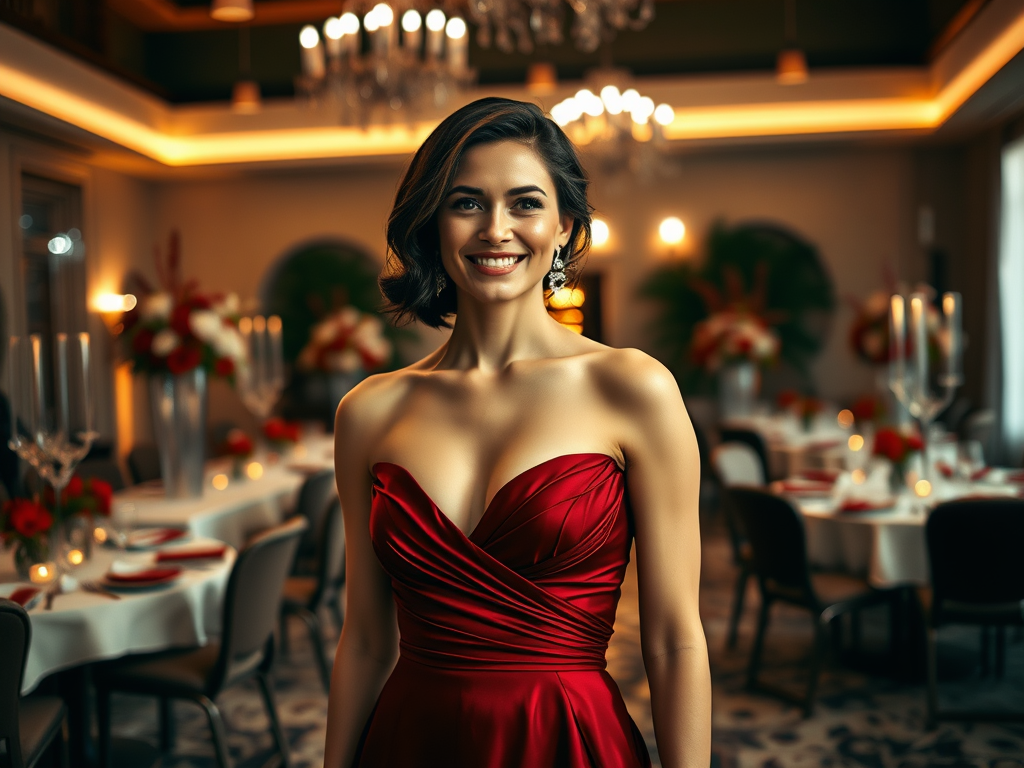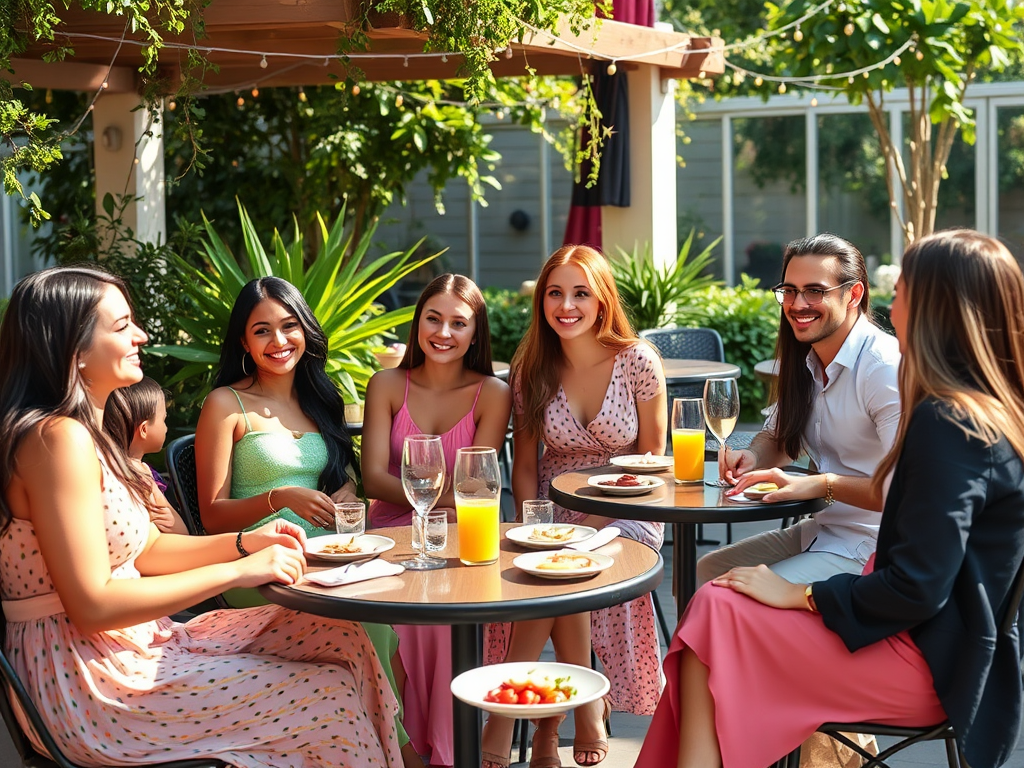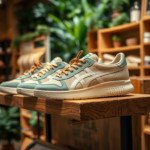Dress Well for Any Occasion: Essential Guidelines You Need

In a world where first impressions hold remarkable significance, dressing well can set the tone for countless opportunities. Whether it’s a job interview, a wedding, or a casual gathering, the way you present yourself plays a crucial role in how others perceive you. But how do you navigate the varied landscape of dress codes? The key lies in understanding the nuances of different occasions and knowing how to tailor your wardrobe accordingly. From formalities to laid-back comfort, this guide equips you with essential strategies to dress well for any scenario. Embrace the artistry of choosing outfits that not only reflect your personal style but also honor the expectations of the occasion at hand.
Understanding the Importance of Dressing Well

Dressing well is more than just keeping up with trends; it reflects a deep-seated respect for oneself and the environments we navigate. When you present yourself thoughtfully through attire, you convey confidence and professionalism. This can open doors in both social and professional realms, impacting everything from job offers to long-standing friendships. Notably, dressing well resonates with personal branding—how you choose to represent yourself. Beyond visual appeal, it also nurtures self-esteem and positively influences your mindset. Therefore, investing time in selecting the right outfit can yield profound rewards.
Identifying Different Types of Occasions

Different occasions call for unique styles, each with specific expectations and norms. Knowing how to categorize these events can greatly simplify your dressing process. Below, you’ll find common types of occasions along with a brief explanation of each. This gives you a framework to build upon while selecting your attire.
- Formal Occasions: Balls, weddings, and other events requiring elegant attire.
- Semi-Formal Events: Parties and business meetings that have a more relaxed yet dressy atmosphere.
- Casual Gatherings: Outings with friends, weekend barbeques, or leisurely brunches where comfort reigns supreme.
At formal events, the expectation is often set with specific dress codes. From black-tie weddings to corporate galas, it’s critical to understand the nuances of what is deemed appropriate. Generally, attire like evening gowns for women or tailored tuxedos for men are ideal choices. Accessories play a vital role here as well—consider elegant jewelry or a sophisticated clutch to complete the look. Here’s a summary of a few common formal event types and the appropriate attire:
| Event Type | Recommended Attire |
|---|---|
| Wedding | Evening gown/tuxedo |
| Corporate Gala | Suit/dressy cocktail attire |
| Charity Ball | Formal dress/tailored suit |
Choosing the Right Outfit for Each Occasion
Selecting the right outfit hinges upon understanding the interactions between personal style and occasion requirements. It can be tempting to wear whatever makes you comfortable for casual events, but that may not always convey the right message. Starting with understanding the dress code is vital—each code comes with its own set of standards and expectations. However, it is equally important to stay true to your personal fashion sense. Striking a balance between the two ensures that you feel confident and at ease in your attire.
Dress codes range from casual to black-tie, each with distinct implications. Familiarizing yourself with these categories allows for better planning ahead. Here are the most common dress codes explained:
- Black Tie: Formal tuxedo and gown required.
- Semi-Formal: Dressy cocktail attire or a neat suit.
- Business Casual: Collared shirts, dress trousers, and smart shoes are ideal.
- Casual: Comfortable attire such as jeans and t-shirts is acceptable.
Accessorizing to Elevate Your Look
While your outfit lays the foundation, accessories can amplify your overall look. Carefully chosen pieces can elevate your attire from ordinary to exceptional. Think of jewelry, watches, belts, and bags that add character to your ensemble without overcrowding it. For formal occasions, opt for understated jewelry and elegant handbags, whereas, for casual gatherings, feel free to experiment with bolder accessories. The right balance ensures that your accessories not only complement your outfit but also reflect your unique personality.
Conclusion
Dressing well for any occasion is indeed an essential skill that everyone can master. By grasping the different types of occasions, adhering to proper dress codes, and being mindful of personal styling, you lay the groundwork for successful impressions. Adding the right accessories and fostering good grooming habits further enhances your overall presentation. Remember, dressing well is not just a superficial endeavor; it’s about feeling good in your own skin and expressing who you are. Take the time to plan ahead, and you will exude confidence in any setting.
Frequently Asked Questions
- What should I wear to a job interview? It’s advisable to wear professional attire such as a tailored suit, conservative colors, and polished shoes. Make sure your grooming is neat and your accessories are minimal.
- Are jeans acceptable for semi-formal events? Yes, well-fitted dark jeans can be acceptable for semi-formal events if paired with a dressy top and smart footwear.
- How do I know what the dress code means? Most dress codes can be decoded by researching what items typically fit under each category. For specific events, consider asking the host for clarification.
- Can I wear bright colors to formal occasions? While traditionally formal events favor muted tones, you can wear bright colors if they are tastefully presented and stylishly accessorized.
- What are the best accessories for a formal outfit? Opt for classic items like a wristwatch, understated jewelry, and a chic clutch to maintain a polished look.




